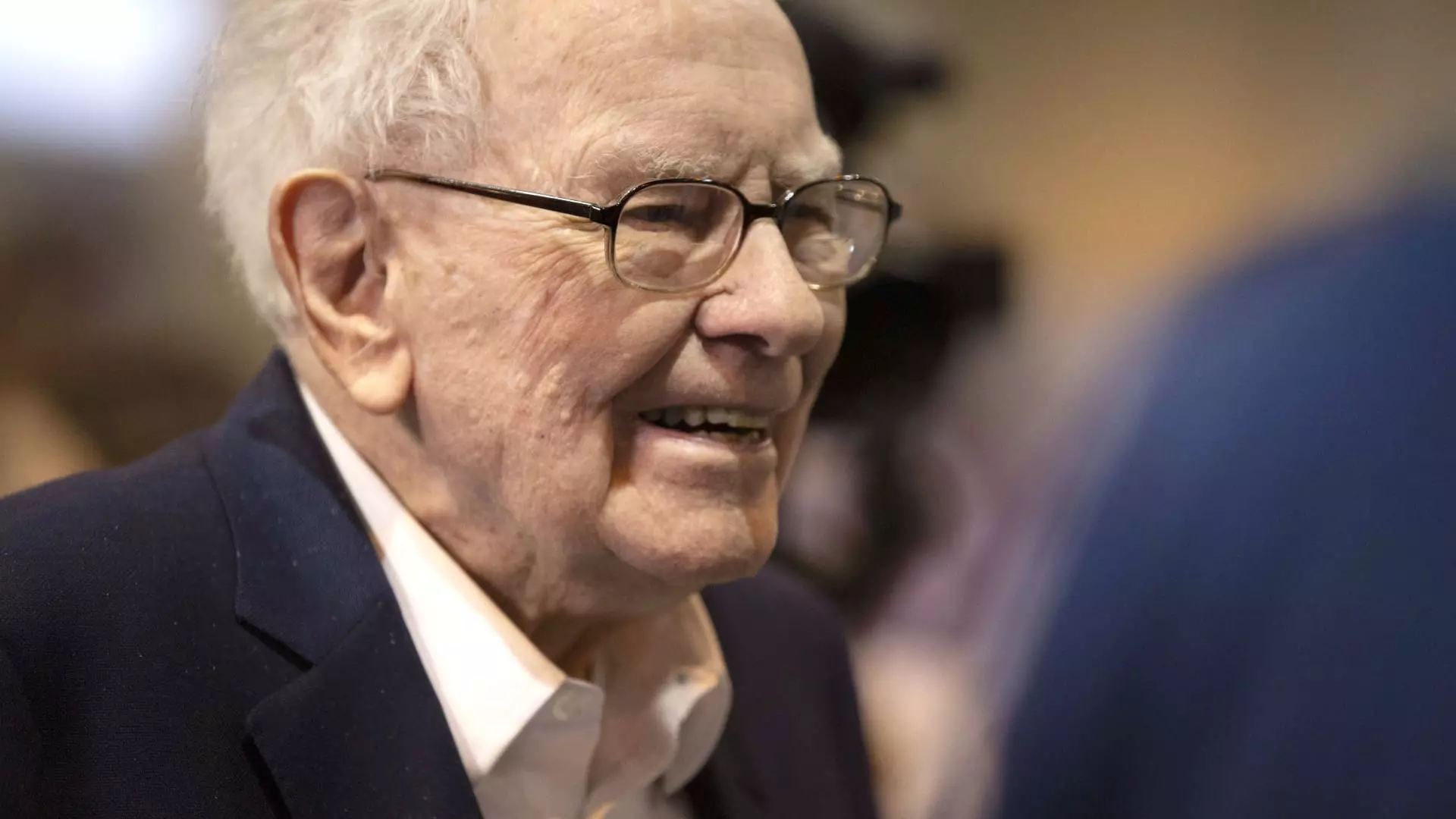Warren Buffett, a name synonymous with investment acumen, has recently shifted towards a more defensive posture, diverging from his typical strategy of proactive stock acquisition. The 94-year-old CEO of Berkshire Hathaway finds himself under the spotlight as shareholders and analysts grapple with his decision to increase cash reserves to an unprecedented $334 billion while simultaneously offloading significant stock positions. This article delves into the implications of Buffett’s recent moves, the rationalizations behind them, and what they could mean for the future of Berkshire Hathaway.
Record Cash Reserves and Stock Divestments
Buffett’s latest annual letter ignited concern among stakeholders as it revealed that Berkshire had divested equities for the ninth consecutive quarter, amounting to more than $134 billion in sold stocks during 2024. This first struck a chord as a notable inconsistency with the company’s historical image as a robust proponent of equity investments. The conglomerate’s meaningful sell-off appears counterintuitive, particularly amid a bull market where the S&P 500 has surged over 20% year-on-year for two consecutive years. Investors are left wondering why Buffett, who has always influenced the market with his bold and often counter-cyclical strategies, seems so reticent now.
This significant cash accumulation is puzzling in the context of falling interest rates and rising equity prices, which typically bolster the investment landscape. Shareholders express unease, noting that Buffett’s inability to allocate this cash into potential market opportunities presents a stark contrast to his historical willingness to invest heavily in equities. The paradox begs the question: does Buffett see underlying issues in the market that warrant caution?
Buffett’s caution may reflect a more profound concern regarding stock valuations. While he insists that the preference for equities remains unchanged, he admitted in his letter that “often, nothing looks compelling,” suggesting that his keen eye for identifying value may not be yielding fruitful opportunities at present. This sentiment resonates with many in the investment community, especially as economic indicators signal potential hesitation just as the market reached unprecedented heights.
Additionally, the economic landscape has shifted dramatically with rapid policy changes from leadership that invoke uncertainty, raising the specter of a slowdown. Such an environment may lead seasoned investors like Buffett to reassess their positions, promoting preservation of capital through liquidity rather than risk exposure to overvalued equities.
Buffett’s strategic shifts are also notable in light of succession planning. With Greg Abel publicly endorsed as his destined successor, this apparent conservatism could be viewed through the lens of preparation for future leadership. Some analysts speculate that Buffett’s recent decisions are less about current market conditions and more about transitioning Berkshire Hathaway into new hands. By pruning substantial equity positions, Buffett may be positioning Abel to navigate his financial and investment philosophy effectively, allowing the next generation of leadership to start with a more manageable foundation.
Buffett’s remarks about his successor indicate confidence in Abel’s capabilities. By comparing him to the late Charlie Munger, Buffett suggests he envisions Abel making astute investment decisions when opportunities arise. By reinforcing Abel’s role and highlighting his decision-making skills, Buffett appears to impart his investment legacy while ensuring a smooth transition that upholds Berkshire’s reputation for calculated risk-taking.
What follows from here is crucial. The lingering question remains: how will Buffett continue to deploy Berkshire’s sizable cash reserves? While Buffett’s commitment to increasing stakes in the Japanese trading companies he has invested in suggests a willingness to explore international opportunities, the broader strategy remains murky, especially with internal markets appearing rich.
Berkshire Hathaway has always thrived on capitalizing during down markets or unique opportunities. As Buffett teeters on this brink of caution, stakeholders and analysts alike are watching closely for the eventual shift from a cash accumulation strategy back to equity acquisition.
In an ever-evolving financial landscape influenced by economic fluctuations and volatile market sentiments, Buffett’s defensive stance may prove prudent or misguided. However, one certainty prevails: Buffett’s investment philosophy will continue to shape the narrative for Berkshire Hathaway as the company navigates toward a new era under the stewardship of a successor poised to carry forth its unparalleled legacy.

